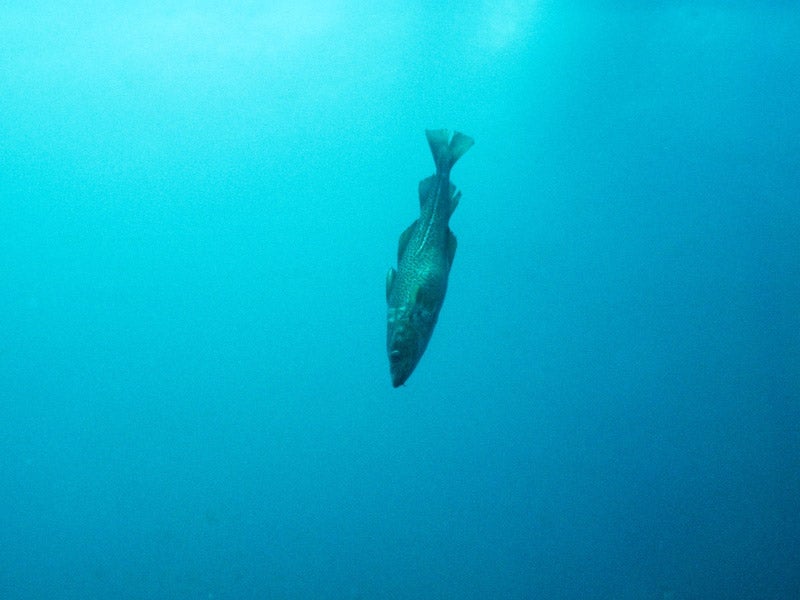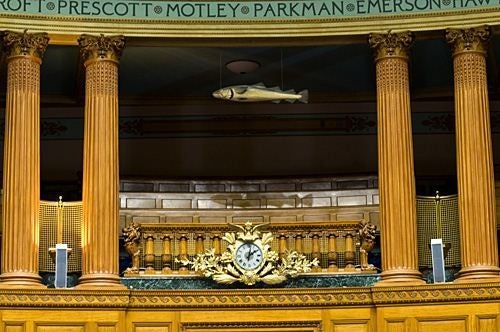Restoring Groundfish In New England
Groundfish, once the foundation of one of the nation’s most iconic fisheries, are being decimated by chronic and severe overfishing, as well as now warming ocean temperatures from climate change. Earthjustice has filed a pair of lawsuits in the federal district court challenging recent decisions by the National Marine Fisheries Service regarding New England groundfish.
Case Overview
Groundfish like cod were once important apex predators in the Gulf of Maine ecosystem and were the foundation of one of the nation’s most iconic fisheries. Now, in addition to the chronic and severe overfishing they have been subjected to in recent decades, their recovery is being also affected by changes associated with greenhouse gas emissions such as increasing ocean temperatures.
Attorneys from Conservation Law Foundation and Earthjustice have filed a pair of lawsuits in the federal district court challenging recent decisions by the National Marine Fisheries Service regarding New England groundfish.
The first lawsuit challenges NMFS’s plan to open several groundfish conservation areas in New England that have been closed, in some cases, for decades to commercial fishing for cod, haddock, and flounder.
The second suit challenges a plan to boost 2013 catch limits for several New England groundfish stocks beyond the allowable science-based limits by “carrying over” ten percent of the catch quota from 2012 that fishermen were unable to catch.
The industrial groundfish fleet lobbied NMFS hard to increase catch limits and open areas closed to trawling for up to twenty years, despite the continuing decades-long management failure to recover several overfished cod and flounder stocks. The five areas at risk total over 5,000 square miles and include Cashes Ledge, an underwater mountain range that houses varied and critical ocean habitats from kelp forests to mussel beds to productive mud plains.
NMFS’ own data and analysis show that there will be little economic benefit for fishermen in the short term from opening closed areas or increasing catch limits. Any temporary benefit will be greatly outweighed by the long-term costs because bottom trawling will cause habitat damage and harm future fishing opportunities. Also, allowing anglers to catch more of the large spawning fish found in these fishing refuges will further cripple the species recovery in the future.

Case Updates
Case page created on June 2, 2013.
